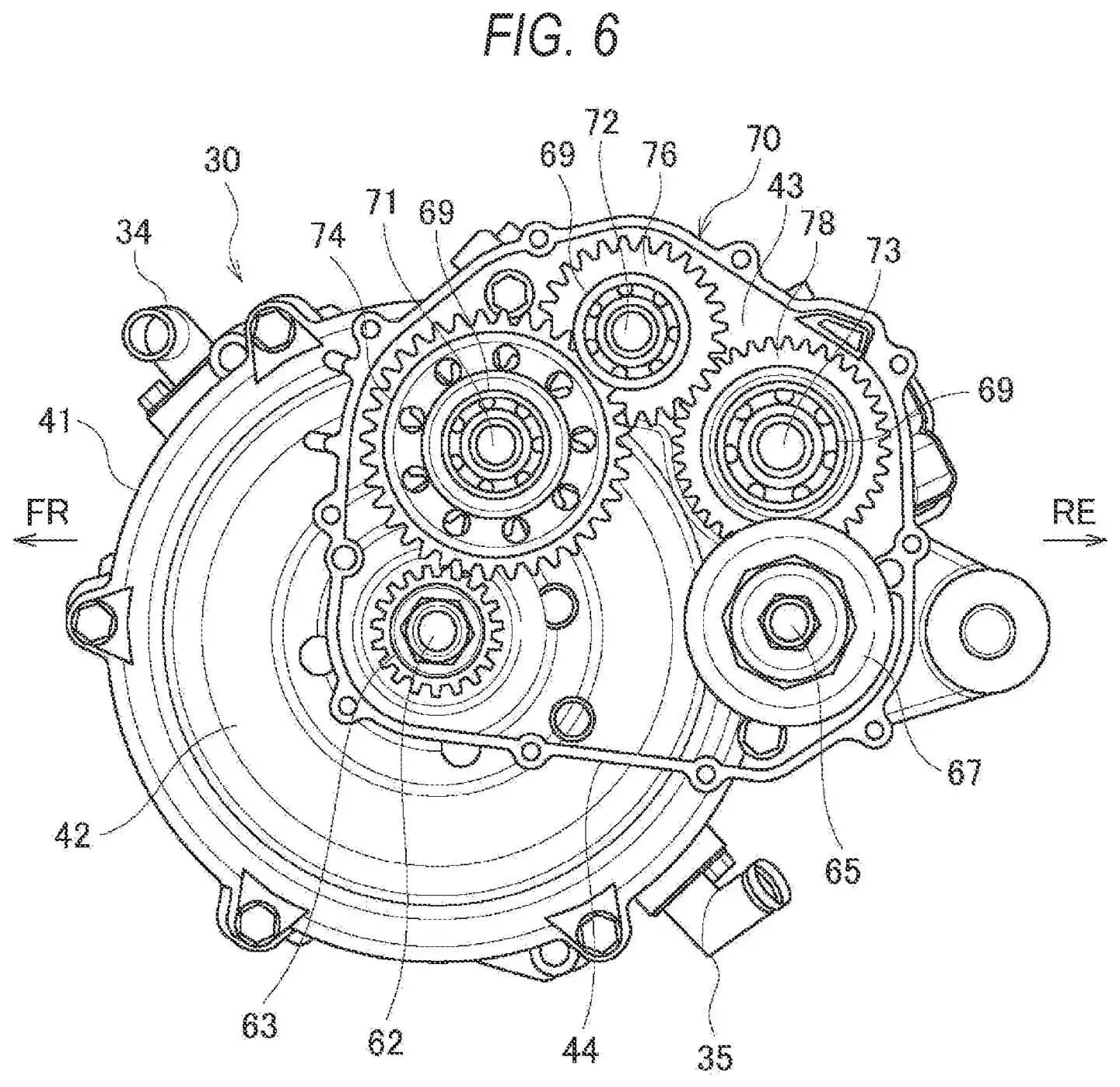Suzuki Returns to Dirt Bike Racing with New Electric Model
- Alex Onea
- Jun 9, 2024
- 2 min read
Suzuki, a name well-known in dirt bike racing history, is about to change the sport with its latest project—developing an electric off-road bike. Renowned for securing its first world title in 1970 with Joel Robert in the 250cc World Championship, Suzuki aims to make a significant comeback in the motocross arena. After stepping back from the Motocross World Championship in 2017, Suzuki's presence in dirt bike racing has been limited, despite continued participation in AMA Supercross races. Now, with patent revealing plans for an innovative electric motocross bike, Suzuki is ready to join the front of the electric dirt bike movement, bringing its storied legacy into the future of racing.

The new electric dirt bike marks Suzuki's first major step back into the competitive racing world since its departure from the Motocross World Championship. While the specifics of the bike's battery remain unknown, patent reveals a sophisticated transmission system that uses reduction gears to manage motor power efficiently. This design ensures the powertrain remains compact, maintaining the familiar layout of Suzuki's RM-Z combustion models. By focusing on an electric model, Suzuki aims to address the challenges faced by road electric bikes, such as long recharge times and short ranges, positioning their new dirt bike as a practical and competitive alternative for modern motocross racing.
Next, you can examine the detailed illustrations showcasing the transmission design, and uncover the key elements of the patent that ensure seamless integration with existing chassis standards.
After leaving MotoGP, Suzuki announced it would focus on electric bikes. Road electric bikes face challenges, but dirt bikes present a viable alternative due to shorter race durations. Electric dirt bikes have advantages, especially in Europe where noise regulations threaten traditional tracks. Electric bikes can be competitive as they only need to last 35 minutes to match combustion bikes in top-level races.
The electric dirt bike market is rapidly evolving, with the MXGP set to introduce a dedicated electric dirt bike class, known as MXEP, in 2026. This move signifies a broader industry shift towards sustainable and eco-friendly racing solutions. Major manufacturers like Honda and Yamaha are also in the race, developing their own electric motocross bikes. Honda is working on the CR Electric Proto, while Yamaha is leveraging technology from its TY-E electric trials bike to create a competitive electric motocross model. This growing interest and investment from leading brands highlight the potential and importance of electric bikes in the future of motocross racing.
In conclusion, Suzuki's development of an electric off-road bike signifies an important moment in the evolution of dirt bike racing. By leveraging its historic expertise and embracing innovative electric technology, Suzuki is ready to make a significant impact in the motocross world once again. As the electric dirt bike market continues to grow, Suzuki's commitment to this new era of racing promises to not only revive its legacy but also to set new standards for performance and sustainability in motocross competitions.
Source > cycleworld.com







